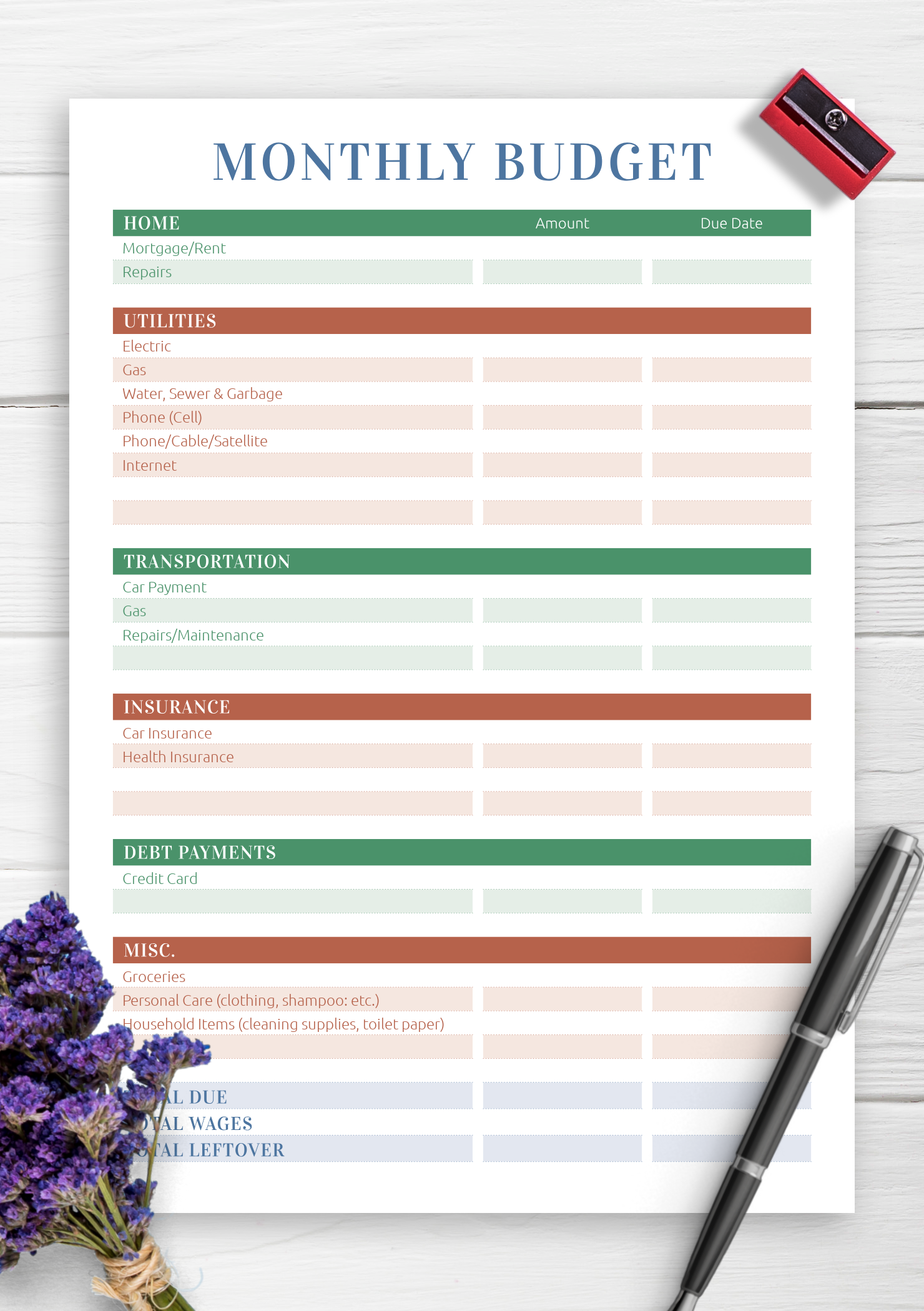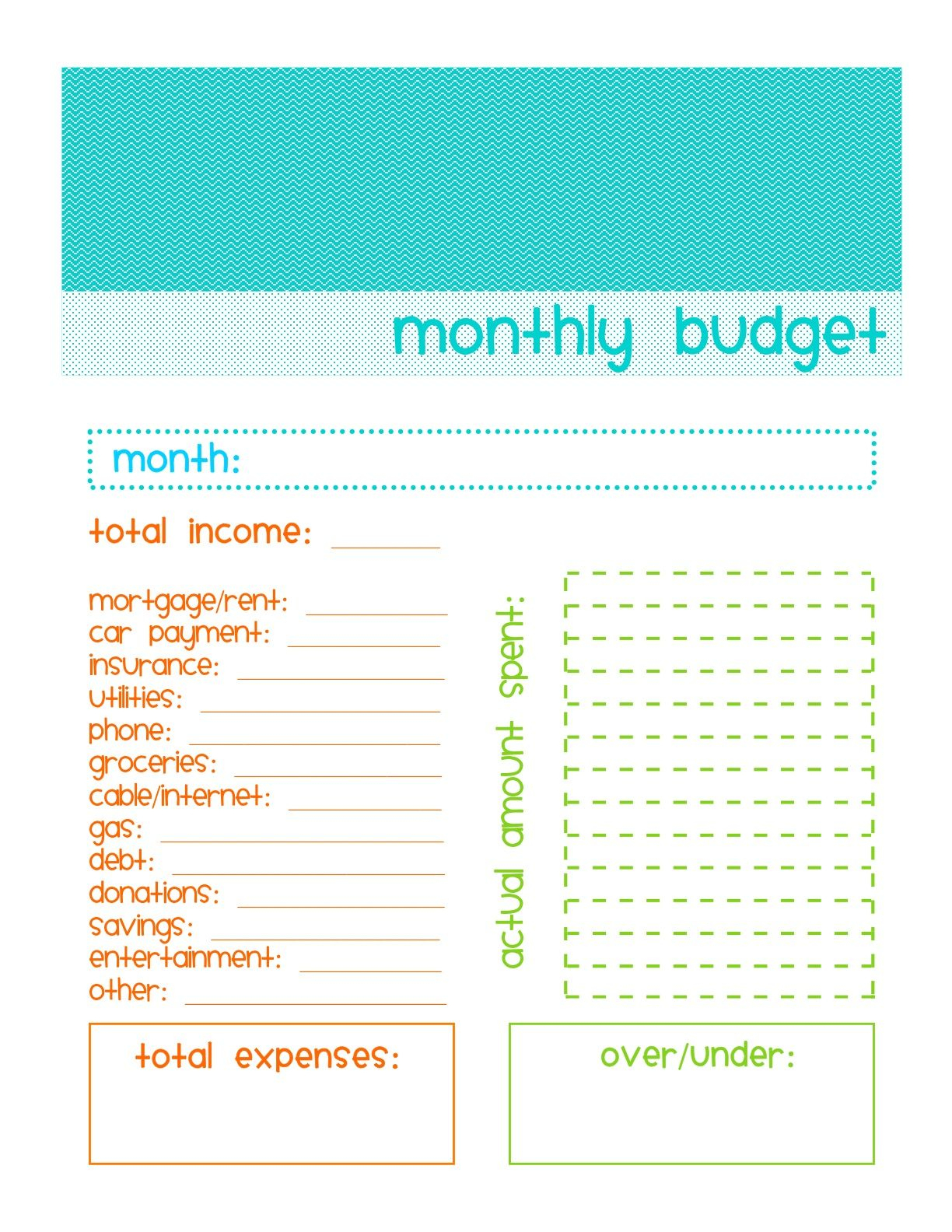

Just including your rent or mortgage payment isn’t enough when budgeting for your housing costs. To be safe, budget on the higher side in each of these budget lines-and if you don’t end up needing it, throw the extra at your debt (if you have any!) or your savings.

Frigid winter temps? Put on some fuzzy socks. (Nobody likes to sweat while they sleep!). Blazing hot summer? Add a little extra to this category. Include all the services that keep your house running: electricity, water, natural gas or propane, and trash services. Remember, these utility bills might change from month to month. Use coupons, eat what you have at home, start meal planning-it all adds up in a month. It’s the number one category where people overspend (so easy to do, right?). We put groceries as its own line, apart from restaurants, because you have to eat-but you don’t have to eat out.Īnd if you’re looking to find extra money in your budget, food is the place to start. Once you’re out of debt, you’ll save up 3–6 months of expenses in case of a bigger emergency, like an unexpected sickness or job loss.īefore you budget for any of the other monthly expenses, cover what we call the Four Walls-aka the basic necessities you need to survive: food, utilities, shelter and transportation. If you’re in debt, start by saving a $1,000 starter emergency fund (we call this Baby Step 1)-then pause saving and throw everything else (after your necessary monthly expenses) at crushing that debt. Not only does a padded savings account give you peace of mind, but it also helps you plan for big purchases. Whether you give to your church or your favorite charity or organization, start your month by giving 10% of your income to a specific cause dear to you.ĭepending on what Baby Step you’re on, you might need to make saving a priority. Not just because we like to be a little weird (we do!), but because when we give, it takes the focus off of what we’re lacking and shines a light on helping others. And yes, it’s the first thing we budget for each month. But hear us out.Īround here, we’re all about being generous. It may seem backward to think about giving as a common monthly expense because there’s already so much in life to pay for. Of course, monthly expenses vary from person to person and situation to situation, but there are some common monthly expenses to think about when you start a basic budget. That's why you need a plan, aka a budget.Īnd that starts with taking a look at your basic monthly expenses. The truth is, you’re way more confident- and you enjoy life more-when you’re prepared for it. Would you give a big presentation at work without preparing at all? What about your wedding day? You wouldn’t just show up without a plan and hope it all worked out, right? Not in a million years.


 0 kommentar(er)
0 kommentar(er)
